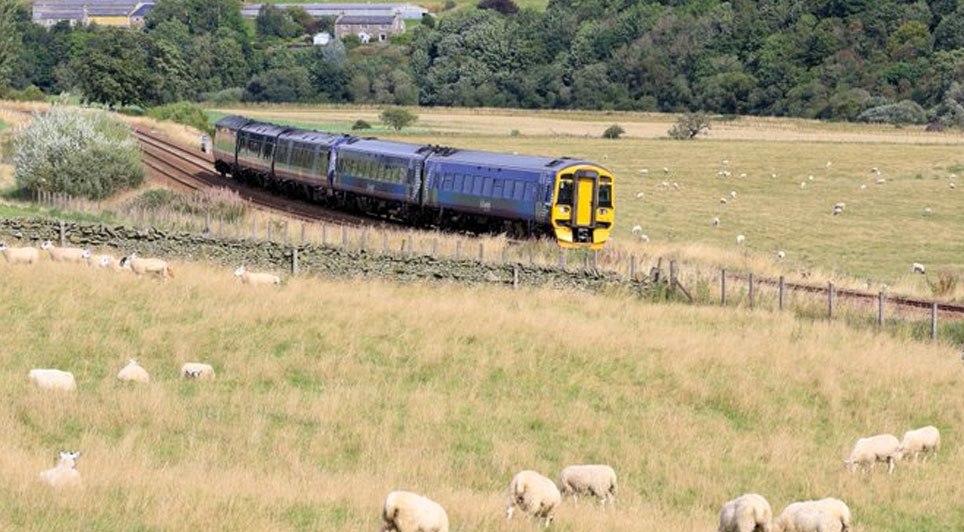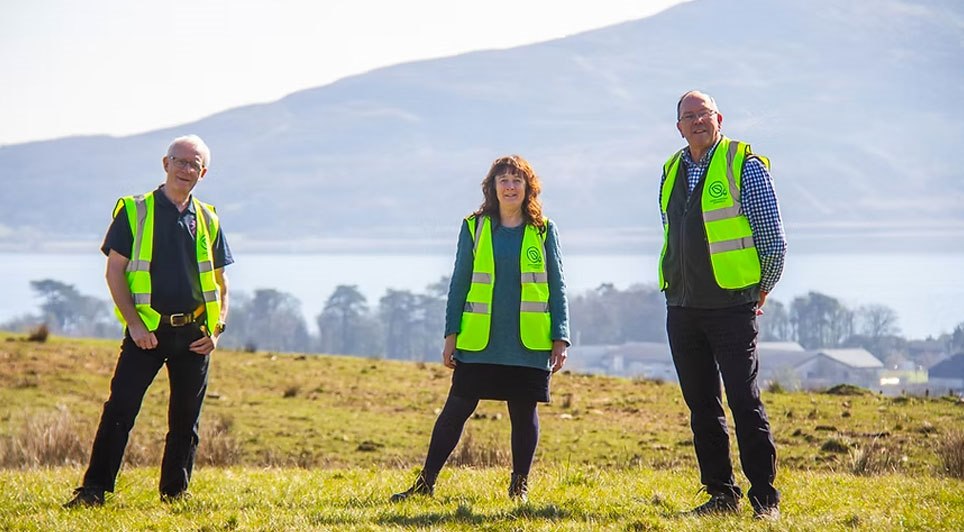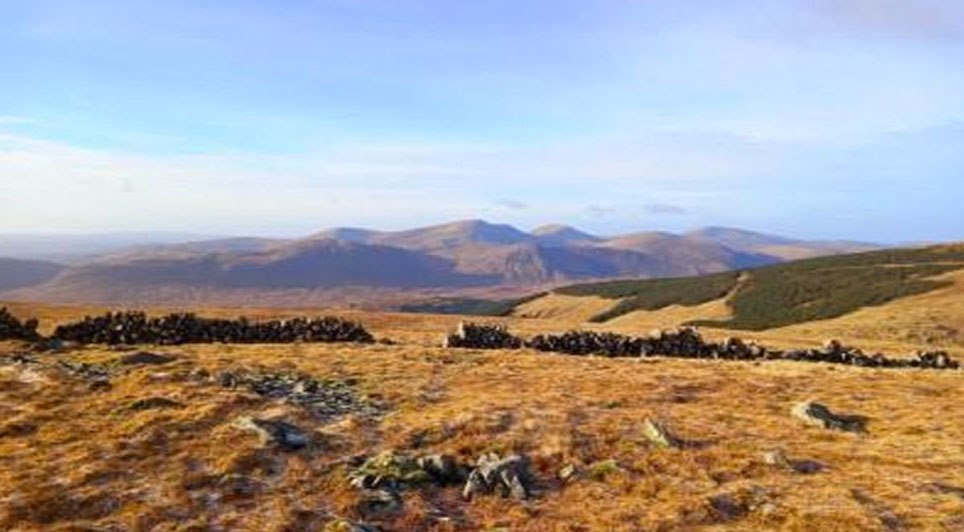Scottish Water has launched a new Climate Change Adaptation Plan, addressing the action and investment needed to reduce the risk of flood and drought and protect water supplies from the impacts of climate change across Scotland.
The new plan outlines the efforts it will take to make services and infrastructure more resilient to extreme weather.
Over the past decade, the public utility – which provides essential water and waste water services for 5 million customers throughout Scotland – has responded to the changing climate, by assessing risks and building resilience into its operations and investment plans.
But, with growing impacts on assets and services from more extreme weather events locally and nationally, the new plan highlights the steps that must be taken to go further and faster in adapting the assets and services which serve people 24/7 to ensure they remain reliable, resilient and sustainable.
Scottish Water's Climate Change Adaptation Plan focuses on key areas which are likely to face further disruption unless we act. It describes the consequences on water supplies, water quality, sewer systems, infrastructure and the environment without adaptation.
Chief Executive Alex Plant said that significant investment is needed over the next 25 years to protect water and waste water services against the worst forecast impacts of climate change.
He said: "Climate change adaptation is not something we can choose to do; it is something we must do. The world has already warmed by more than 1 degree over the past century. We can expect drier and warmer summers, wetter winters and an increasing number of severe storms that will affect our water and waste water services.
"Our assets were simply not designed to cope with the more extreme weather conditions we now face on a regular basis. They are also ageing and will deteriorate more quickly with climate change. This makes our objectives to improve drinking water quality, ensure a secure water supply and improve our environmental performance even more challenging.
"We need to invest to address these issues and build climate change adaptation into our forward plans if we are to ensure that we deliver a reliable, resilient and sustainable future service for our customers and for society.
"Transition of this scale, of course, comes at a cost. The report shows that adapting the assets that serve Scotland to be resilient to more challenging climate futures will need new investment of £2 billion to £5 billion over the next 25 years. All of this underlines the importance of maintaining a stable funding and investment trajectory over the short and medium term."
Mr Plant stressed the need for collaboration, partnership and innovation to make a real difference in the long-term and to keep costs as low as possible.
The Climate Change Adaptation Plan outlines several key issues facing Scottish Water, including:
• Drought
• Deteriorating water quality
• Customer flooding and environmental pollution
• Waste water and environmental quality
The plan outlines a range of scenarios as to how services for customers can be protected through adaptation and working with others and outlines projections for impacts on water and waste water services to 2050 and 2080.
Without adaptation, customers could experience water shortages, deteriorating water quality, increased environmental pollution risk, biodiversity loss and damage to infrastructure such as waste water treatment plants flooding.
The plan highlights that Scotland's current, water supply deficit during drought could increase four-fold from 60 to 240 million litres a day with more sustained low rainfall periods anticipated. Customers could experience more water main bursts by 2050 due to much drier ground conditions and consequent ground movement.
A range of measures can be taken to adapt, including working with customers to help them use less water, reducing leakage, replacing old pipes, improving the connectivity of water supply systems, and increasing reservoir capacity.
Water quality is also being affected by climate change. By 2050 an estimated 200 water sources are at greater risk of seeing increased manganese – naturally occurring element which can discolour water – and algal blooms.
Climate change will also affect the country's sewer systems – with predictions that 4,800 properties could be at risk of sewer flooding by 2050 compared to 2500 currently, and a risk of a 20% rise in overflow discharges. A range of adaptation actions are outlined to deal with the increased risk in this area including improved monitoring, working with customers at risk of flooding and with partners to keep surface water out of sewers.
Construction News
01/03/2024
Scottish Water Launches New Climate Change Adaptation Plan


15/04/2025
Construction of a £70 million student accommodation development at 292-298 St Vincent Street in Glasgow has reached a significant milestone, with the building now visibly rising from the ground.
Drone footage has captured the progress of the project, which is a partnership between developer Artisa

15/04/2025
Energy regulator Ofgem is expected to confirm today (April 15) its finalised Connections Reform process, designed to expedite grid connections for renewable energy projects that are ready and crucial for achieving the UK's clean power targets for 2030 and beyond.
The new connections system, anticip

15/04/2025
The ambitious transformation of Glasgow’s landmark George Square has moved into a tangible phase with the commencement of the erection of hoardings around the perimeter of the civic space. Starting today, the hoardings will enclose the Square for the duration of its 18-month redevelopment.
The pane

15/04/2025
Members of the public are invited to attend a consultation feedback event to discuss the proposed infrastructure associated with a new underground electricity transmission cable between the Kinardochy and Errochty substations in Perthshire.
The event will take place on Monday, 28 April, from 4 pm t

15/04/2025
Turner & Townsend have been appointed as project managers to develop a business case for the potential extension of the Borders Railway beyond its current terminus at Tweedbank to Hawick and Carlisle.
This key appointment will enable crucial work to progress on the project, including feasibility s

15/04/2025
Arran Community Renewables, a Community Benefit Society based on the Isle of Arran, has secured planning consent for a 6 MW solar farm. The Glenkiln Solar Farm, located approximately 1km west of Lamlash, is projected to generate 5,600MWh of clean renewable energy annually from 2027.
The £5 million

15/04/2025
A new Route Map has been published by the Scottish Land Commission (SLC) to ensure communities across Scotland secure tangible and long-lasting benefits from nature restoration projects and investment in the country's natural environment.
The practical guide is designed for landowners, developers,

15/04/2025
Award-winning principal contractor Procast Group has further expanded its presence across Scotland with the opening of a new base in Dumfries. The Hamilton-based firm has invested £30,000 in a new warehouse and office facility in the Maxwelltown Industrial Estate in Dumfries and Galloway, marking it

14/04/2025
Glasgow City Council's Affordable Housing Supply Programme (AHSP) facilitated the completion of over 1,000 new affordable homes in the city during the past year, despite facing budgetary reductions at the start of the financial year.
The initial grant of £78.687 million from the Scottish Government

14/04/2025
A key phase of Scottish Water's £11.5 million project to upgrade a strategic rising sewer main connecting Renfrew and Glasgow is set to begin, resulting in a significant road closure.
From Monday, 28 April 2025, Ferry Road in Renfrew will be closed to all vehicular traffic for a period of four mont
 Scotland
Scotland UK
UK Ireland
Ireland London
London










